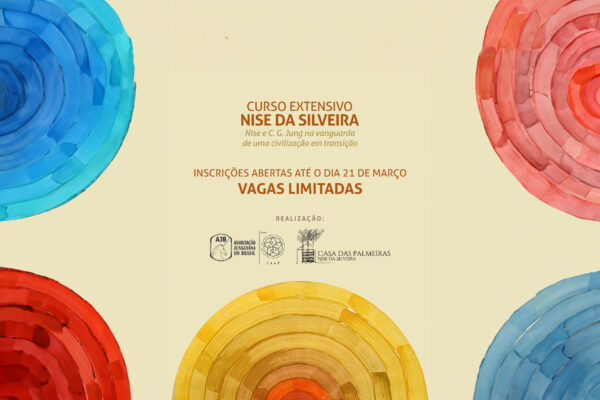
Interview with Nívea Oliveira
Tive a oportunidade de participar da abertura do VI Image Reading Seminar: The Epistemology of Nise da Silveira, realizado em Recife no dia 18 de outubro de 2024. Este evento, organizado anualmente, explora as contribuições da psiquiatra Nise da Silveira ao campo da Psicologia Analítica e da arte como ferramenta terapêutica e de investigação da psique. Nise, pioneira no uso das imagens e das expressões artísticas como formas de acessar o inconsciente, revolucionou a maneira como pacientes são compreendidos e tratados, especialmente no contexto da psicologia junguiana.
In my presentation, titled “The Images of C.G. Jung’s Patients,” I discussed how Jung and his patients used image expression to represent unconscious content, drawing parallels with Nise's practices. These images provide a unique pathway to the symbolic world of the unconscious, serving as a bridge between the conscious self and the depths of the psyche.
Below, I share the opening video, where I explored how patients' visual representations offer an essential dimension for understanding the psyche, whether in the context of Jung’s work or Nise da Silveira’s legacy.
Currently, this material is available in Portuguese.
To watch, click here.
To listen, go to:





